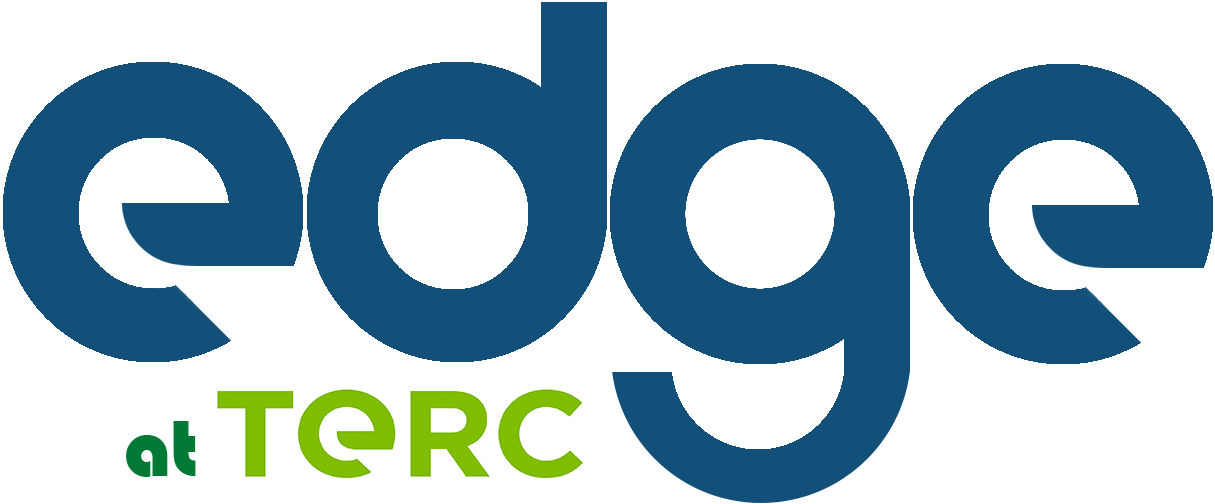Since the introduction of OpenAI’s Chat GPT in 2022, generative AI has been transforming the workplace, society, and increasingly, education. While generative AI has the potential to adapt educational content for a variety of student needs, there are many concerns as the proliferation of AI changes how we learn, teach, and work in STEM. To avoid propagating and expanding current inequities in STEM, it is crucial that traditionally marginalized communities are meaningfully involved in the design and implementation of new AI tools. This is particularly true for neurodivergent learners who may have strong talents in STEM, but are often excluded from STEM education opportunities (Asbell-Clarke, 2023; Austin & Pisano, 2017). AItypical aims to address this concern by co-designing AI learning experiences with a new generation of neurodivergent youth to empower them with the skills necessary to address their own needs by adapting emerging AI technologies.
The impact of the response to the COVID-19 pandemic in education has laid bare many of the inequities that have long persisted in the US education system. While many well-resourced students made it through the pandemic with minimal impact on their learning, others now find themselves significantly behind their peers especially in STEM topic area such as mathematics (Irwin et al., 2024). These gaps have come with significant increases in anxiety and mental health issues reported by both students and educators (NCES, 2024). At the same time, the rapid proliferation of generative AI in education may be increasing rather than reducing inequities. Those with access to AI tools that meet their needs often experience a performance boost, while others are left further behind. AItypical will foster the talents of neurodivergent learners by empowering them to customize AI tools to level the playing field.
The AItypical project will engage neurodivergent learners in the design, implementation, and evaluation of AI learning activities in STEM education. Together with a team of neurodivergent undergraduate students from Landmark College and educators from the project’s school partners, the AItypical team will co-design and develop a set of STEM learning activities to be used with neurodivergent middle school students to support their STEM learning. These activities will help students develop the skills necessary to use and individualize generative AI tools for differentiating STEM activities. AItypcial introduces AI at the middle school level and develops students’ problem solving, design, and computational thinking skills.
The AItypical team will co-design learning activities in year 1 of the project. Year 2 will focus on refining and iterating those activities using design research cycles and pilot data collection. Year 3 will involve an early efficacy study of AItypical. Project partners will help to shape the learning activities and will be the first to have access to the cutting edge AI experiences developed by AItypical. These tools will not only support the learning of neurodivergent students in STEM, but can also be deployed to level the playing field for a range of students typically underserved in STEM.
